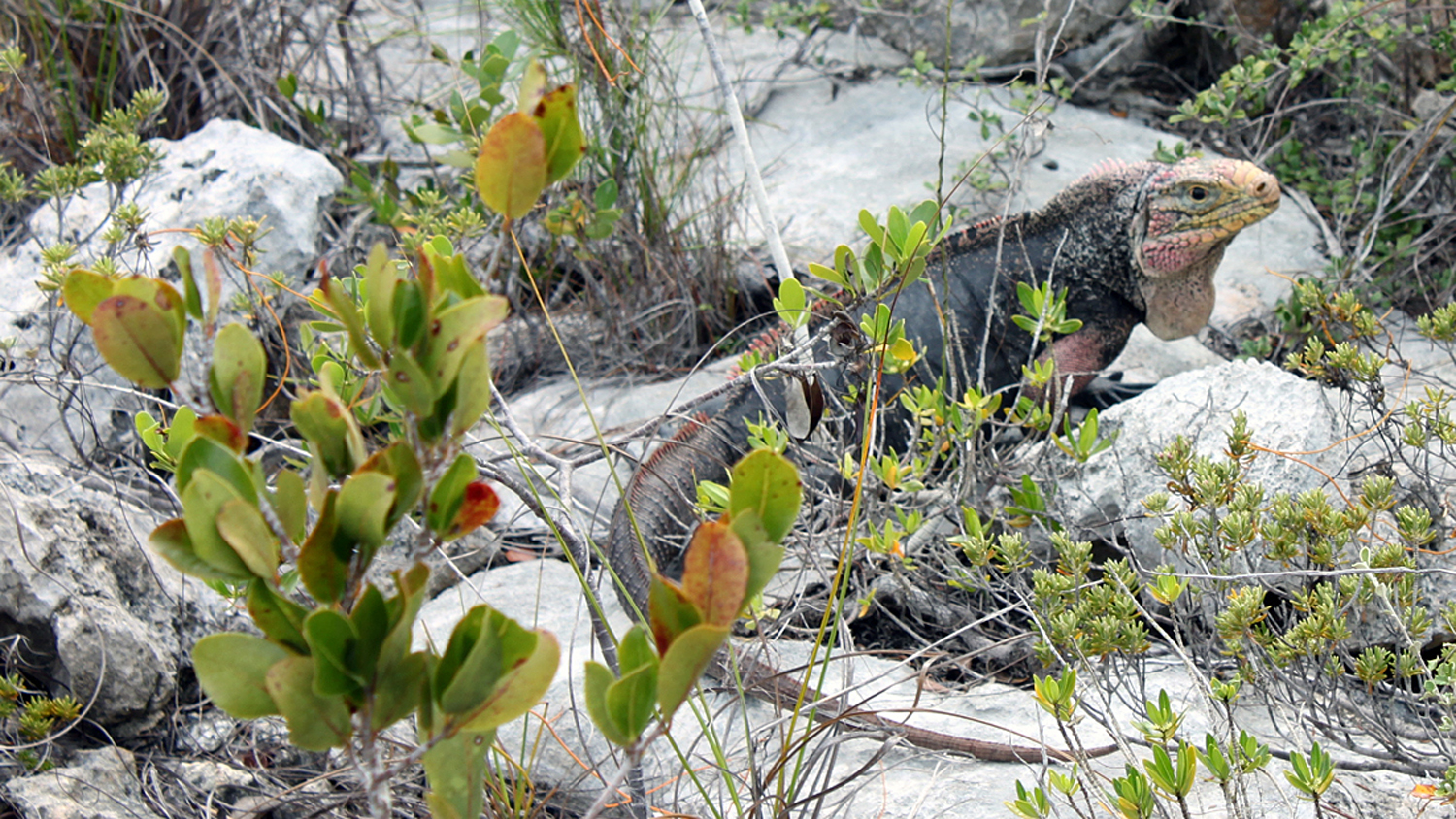wildlife conservation
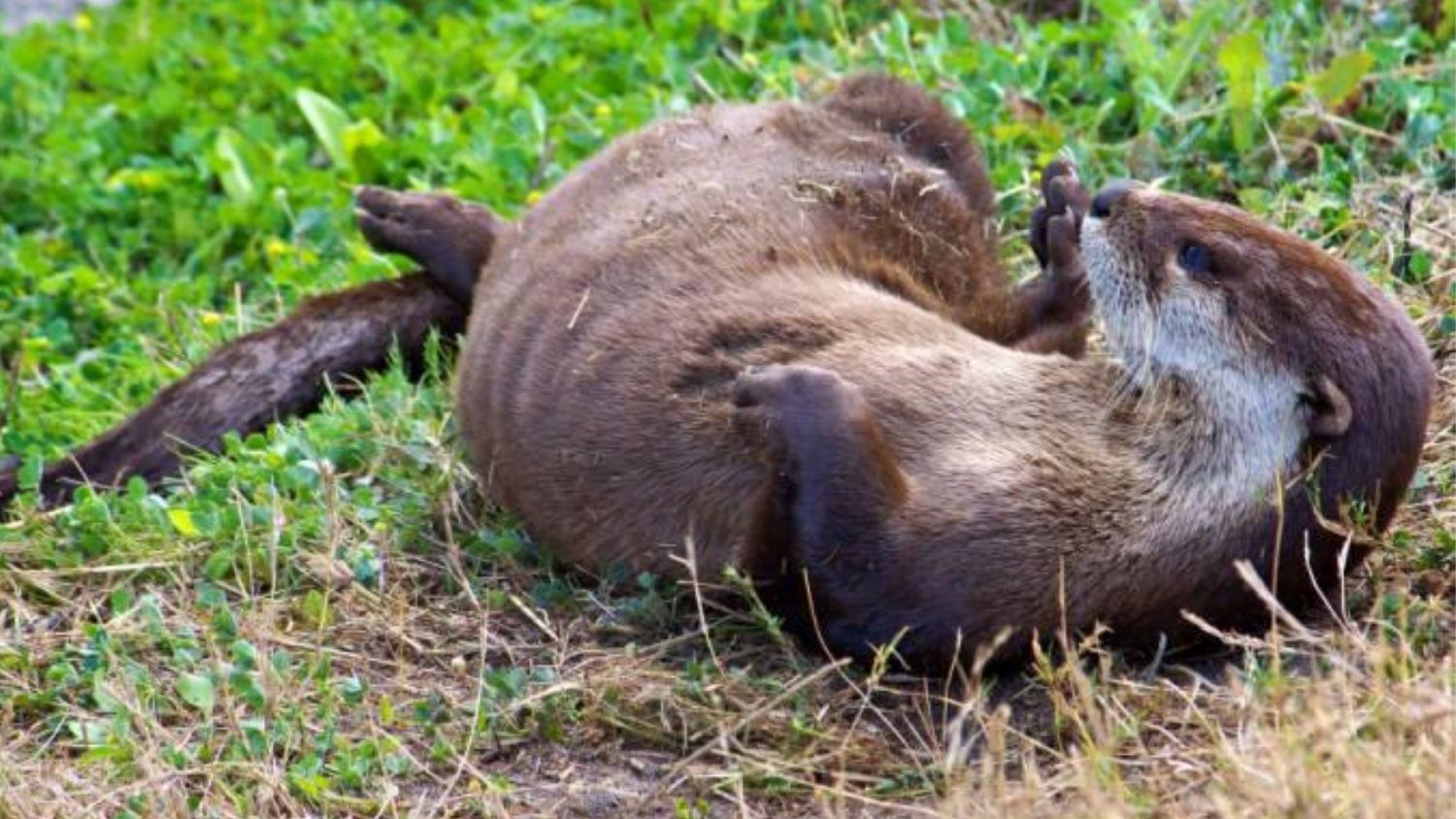
Study Finds Diseases In N.C. Otters, an Important Species for Tracking River Health
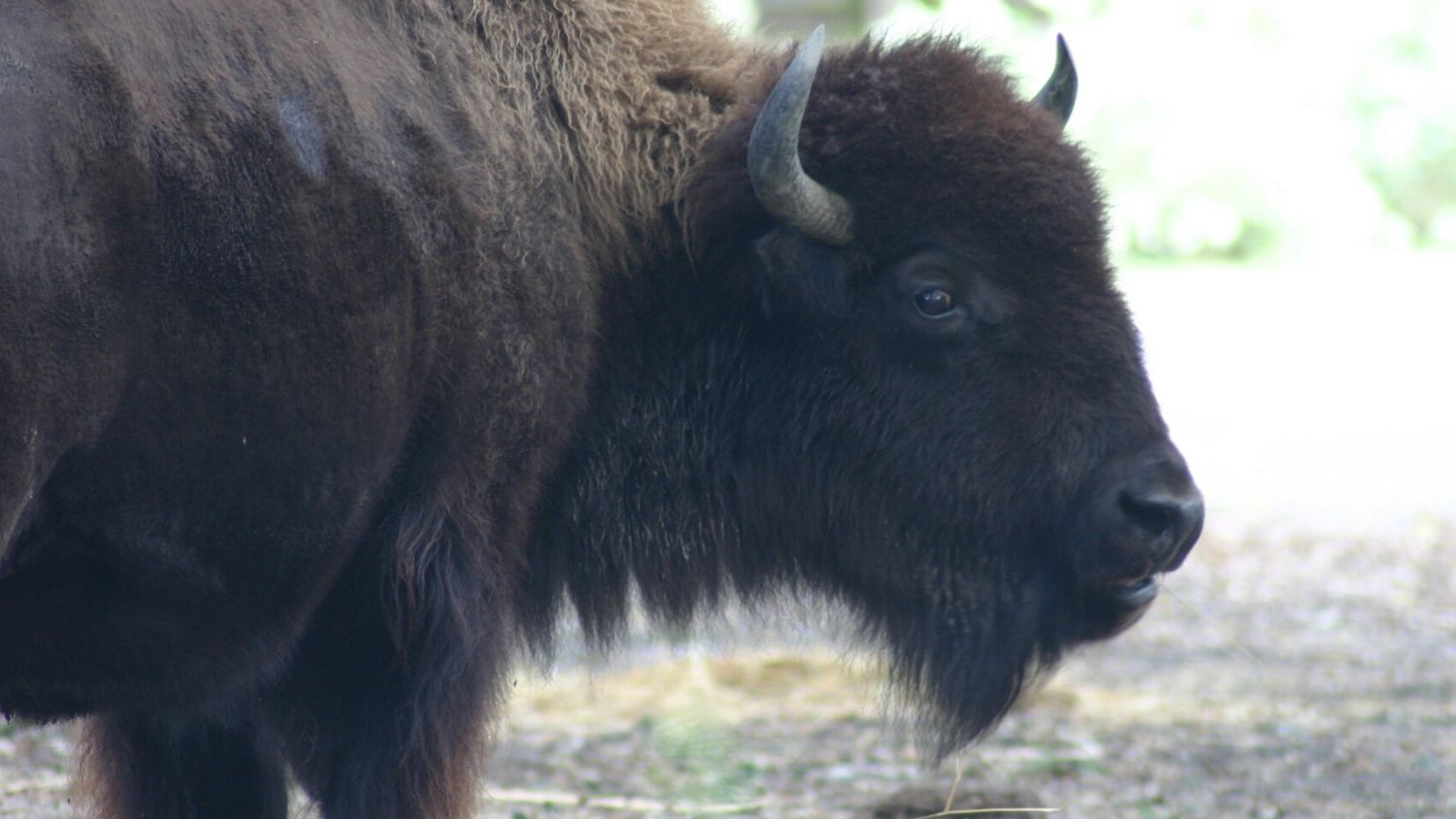
Can Asia End its Uncontrolled Consumption of Wildlife? Here’s How North America Did it a Century Ago
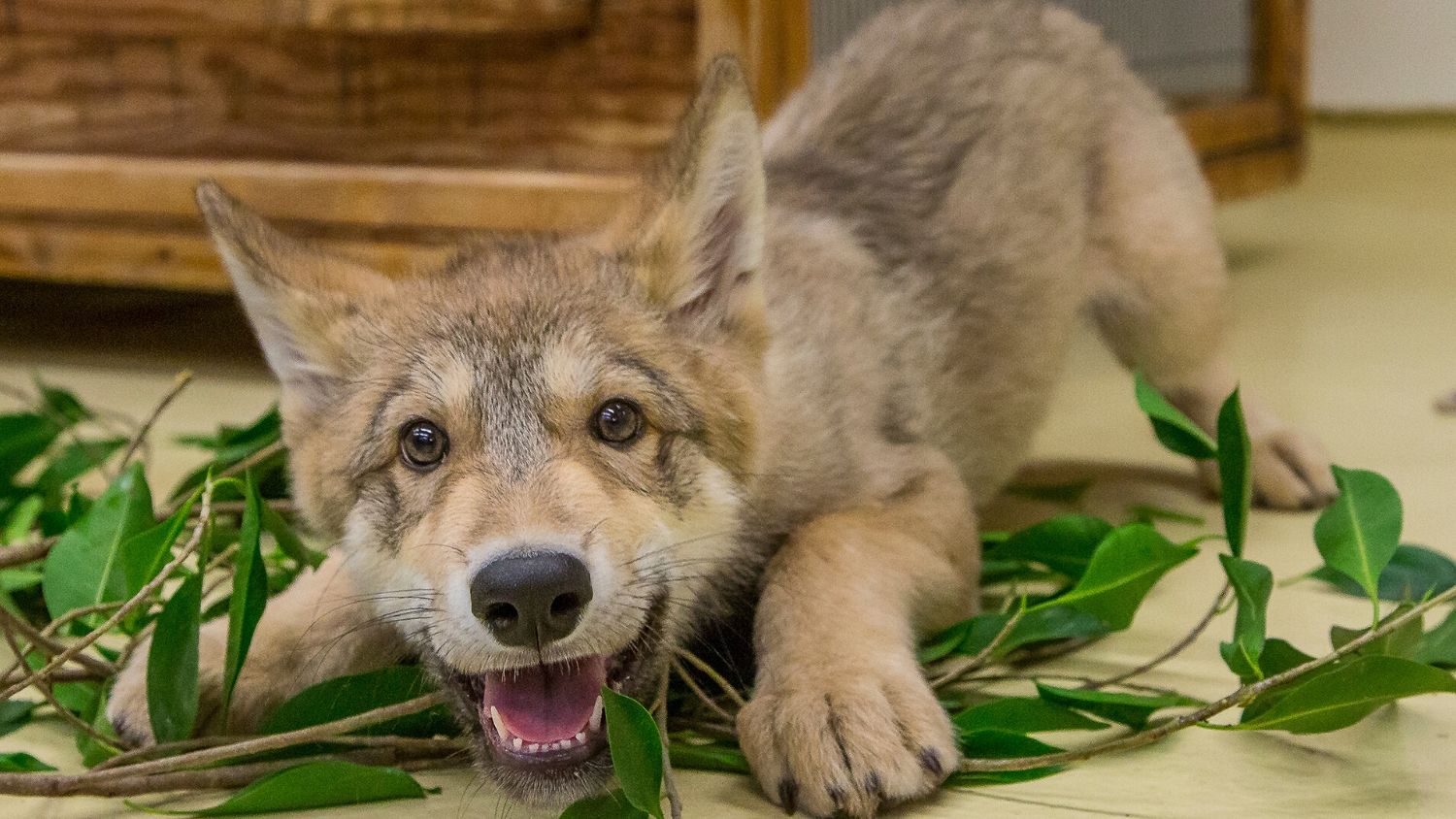
Positive YouTube Videos of Wolves Linked to Greater Tolerance
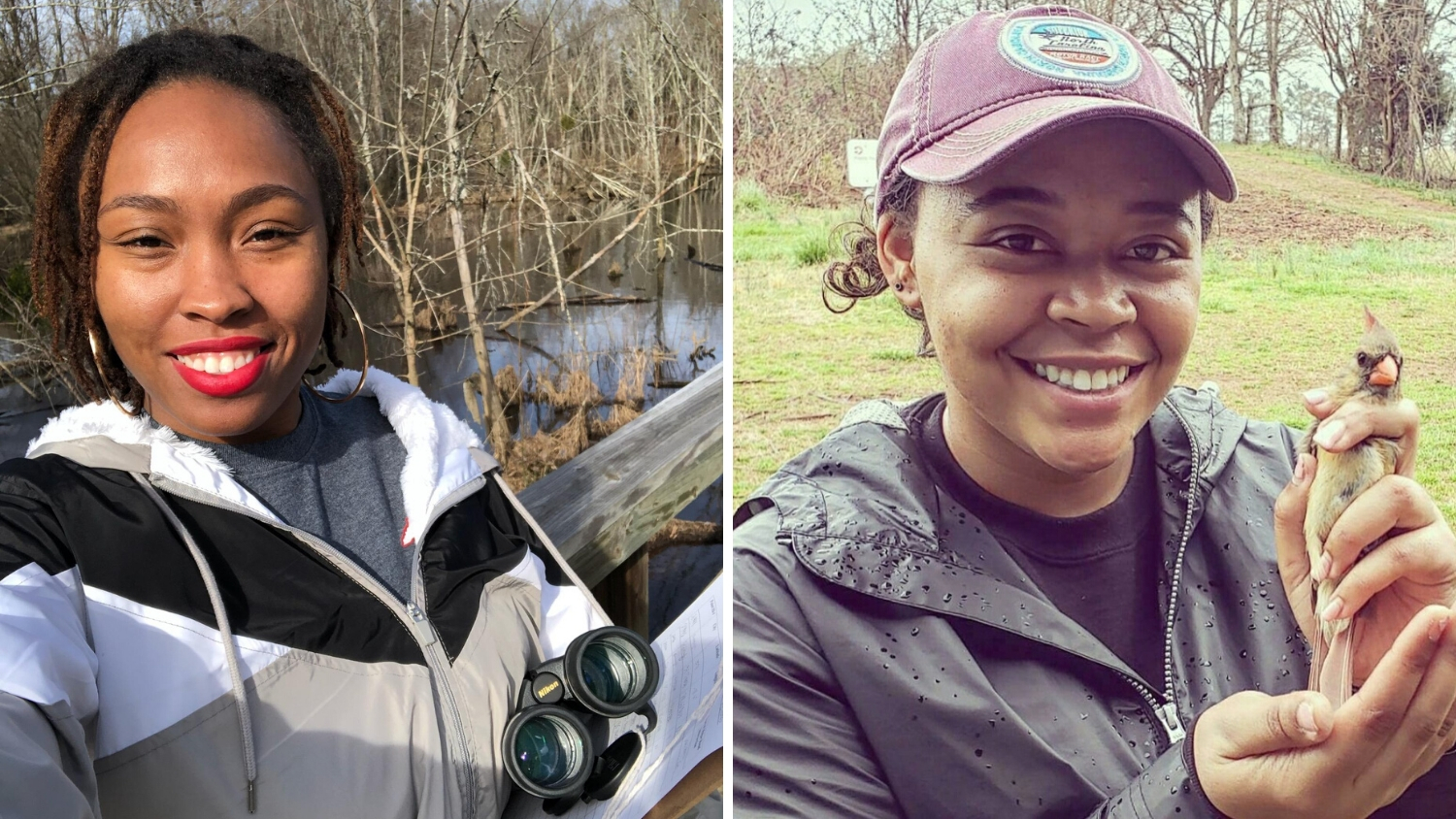
The Importance of Black Birders Week and Its Lasting Impact
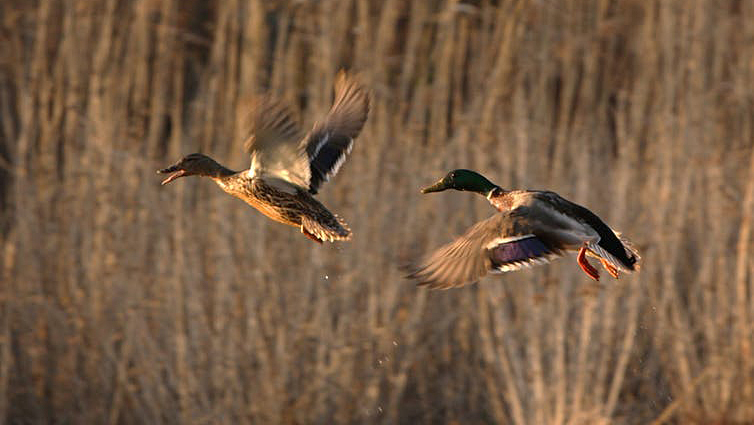
As Hunting Declines, Efforts Grow to Broaden the Funding Base for Wildlife Conservation
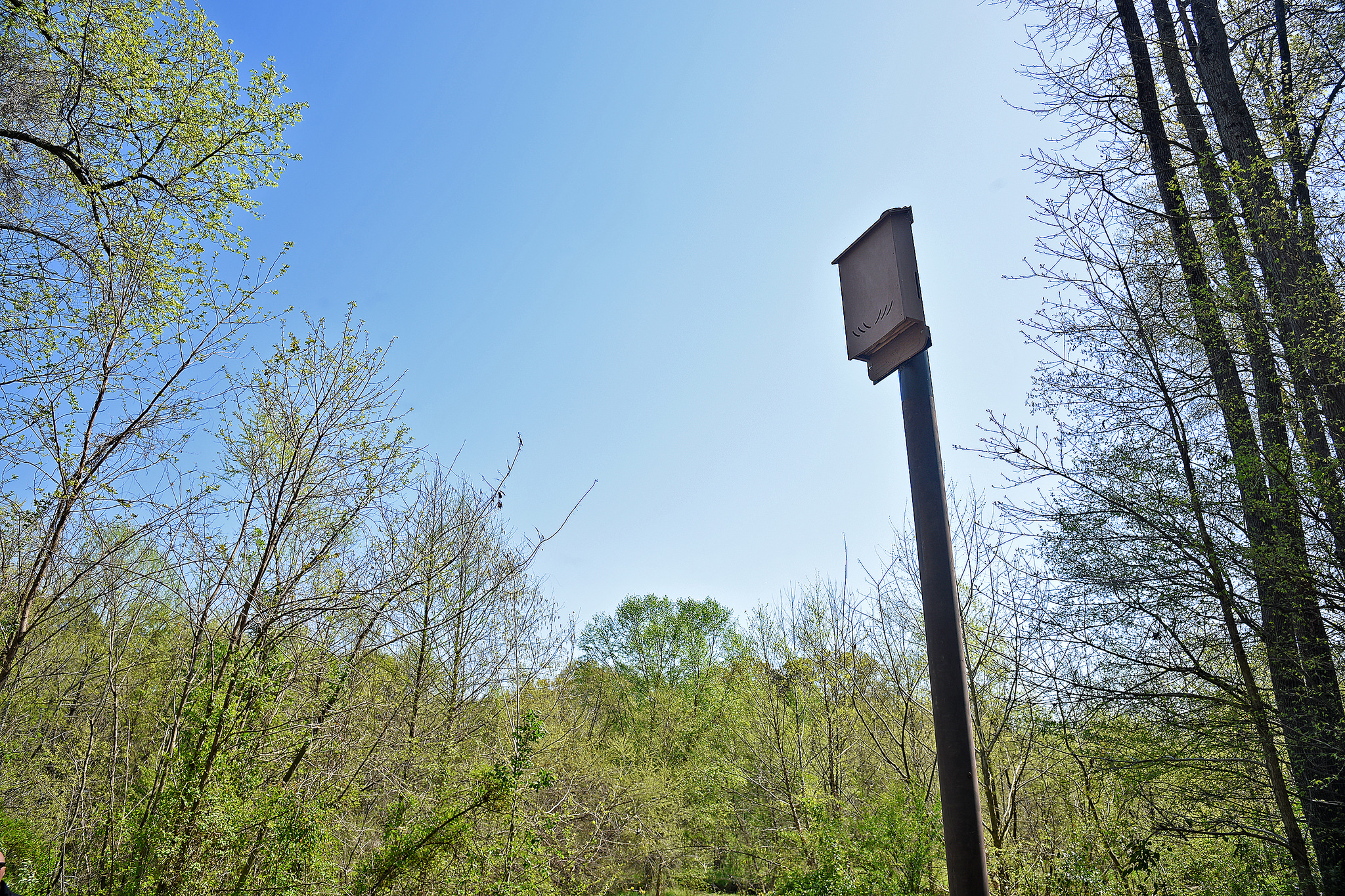
Evicted Bats Get New Digs on Campus
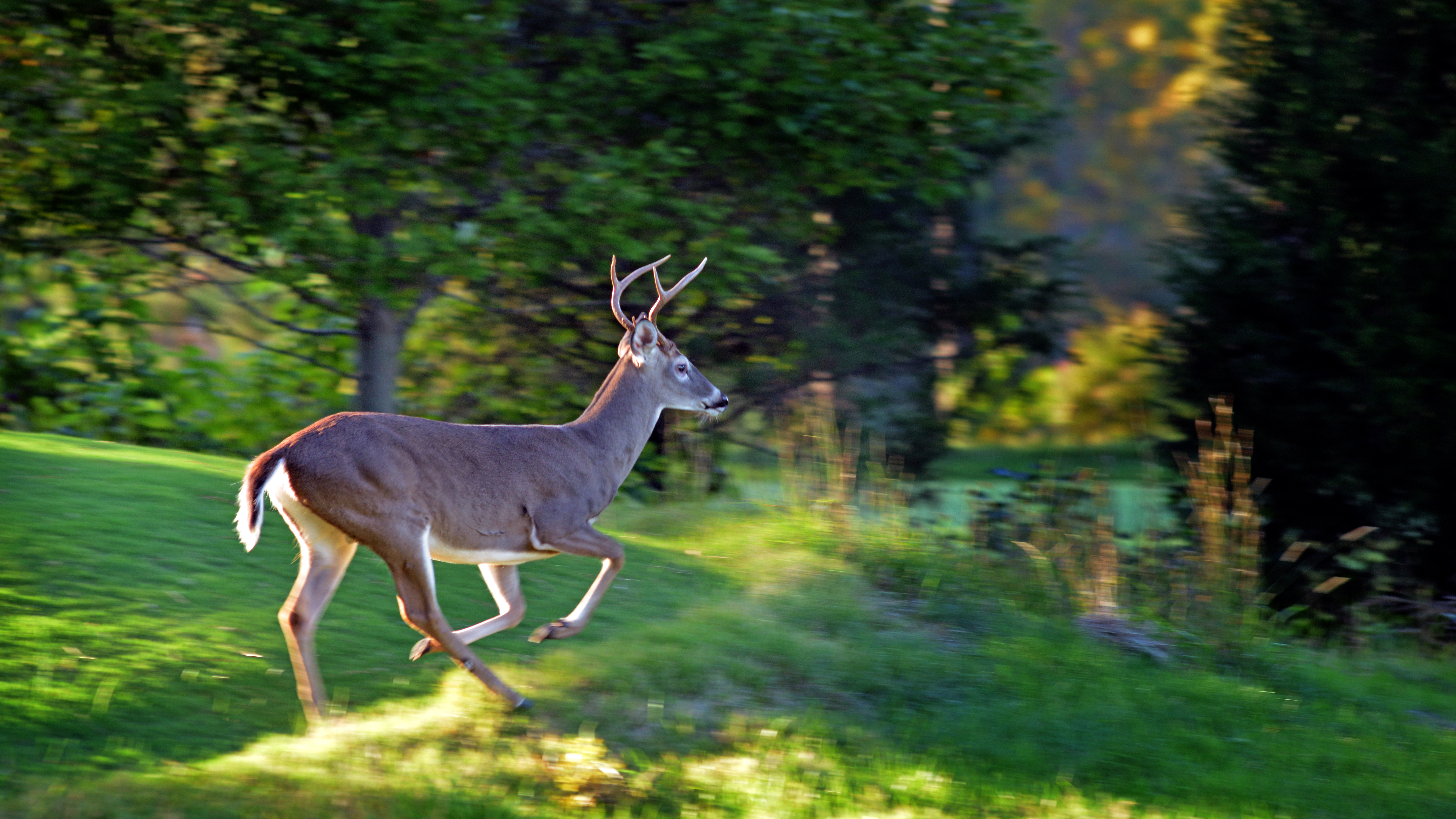
Who Can Name the Most North Carolina Wildlife?
